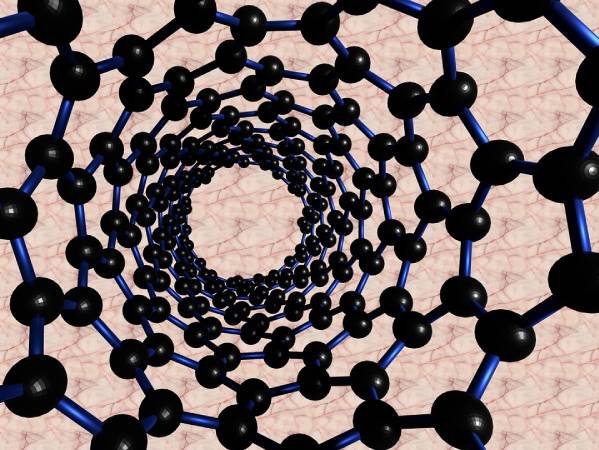
October 10, 2023: Nanotechnology is making big waves in tech innovation, opening new opportunities in various industries like healthcare, agriculture, and aerospace. It’s changing how we manage supply chains, develop products, and lead sustainability efforts across different industries.
Data analytics company GlobalData, sees nanotechnology as a key player in shaping a future where innovative and efficient solutions are brought to life.
Says Kiran Raj, Practice Head of Disruptive Tech at GlobalData: “Nanotechnology is a hidden force transforming invisible atoms into game-changing innovations that touch every aspect of our lives, from medicine to farming. It’s the silent architect, building a resilient, sustainable future, where challenges like climate change and resource scarcity are met with innovative, scaled solutions. The technology thrives not just by scientific breakthroughs but leaps in computing, data analytics, and AI, demanding to navigate its profound impacts judiciously.”
AddsShagun Sachdeva, Project Manager of Disruptive Tech at GlobalData: “From microfabrication, nano bubbles to nano manufacturing and nano materials, nanotechnology is unlocking a world of possibilities by manipulating matter at the atomic and molecular scale. Signals from all angles right from policymakers, investors, technology companies, to researchers suggest that the optimism surrounding nanotechnology is justified. However, this industry shift is just the tip of the iceberg, which is defining the next stage of a highly disruptive journey, offering abundant opportunities to companies for exploration and value creation.”
The Innovation Explorer database of GlobalData's Disruptor Intelligence Centre spotlights five pivotal innovation areas across sectors, pinpointing the keys to higher efficiency, cost reduction, and enhanced sustainability that are imperative for the industry to flourish in the 21st century.
Healthcare|
Nanotechnology in the healthcare sector is revolutionizing medicine through precise drug delivery, early disease detection, and advanced imaging techniques, promising improved treatments and patient outcomes. It has significantly improved medical diagnostics by making them less expensive and convenient. For instance, nanomedicines (smart pills), nanobots, nanowearables with nanosensors and nanofibers (smart bandages with nanoparticles of blood-clotting agents) remained in the spotlight.
Agriculture
In agriculture, nanotechnology is bolstering crop yields and sustainability through innovations like nano-based fertilizers, pesticides, and precision farming techniques. Developments such as nanoseeds, nanoparticle pesticides, and nanofeed are pivotal. For instance, in 2021, QD, a New Mexico-based nanotechnology startup, introduced UbiGro, a luminescent greenhouse film designed to enhance crop quality and yield.|
Consumer goods
Nanotechnology is enhancing the consumer goods sector, including food and beauty products, by delivering superior product quality, extended shelf life, and improved performance through innovative materials and delivery systems. In the F&B domain, giants like Kraft, Nestlé, and Unilever have utilized nanotechnology to create interactive food and beverages with nanocapsules that alter color and flavor, and spreads and ice creams with nanoparticle emulsions to refine texture. In personal care, companies like L'Oreal and Procter & Gamble are investing in nanotechnology applications like nanocrystals and nanoemulsions.
Packaging
Revolutionizing packaging, nanotechnology introduces advanced barrier materials and sensors that enhance product preservation and safety, ensuring extended shelf life and minimized environmental impact. Companies like BASF and Kraft are pioneering the development of nanomaterials that not only prolong food shelf life but also indicate spoilage through color change. Moreover, Amcor has recently collaborated with Nfinite Nanotechnology to enhance its application in recyclable and compostable packaging
Automotive and Aerospace defense
Nanotechnology in the automotive and aerospace sectors is driving innovation with lighter and stronger materials, enhancing fuel efficiency and sustainability in the industry. Last year, General Motors (GM) partnered with Palo Alto-based startup OneD Battery Sciences (OneD) to use OneD’s silicon nanotechnology in GM’s Ultium battery cells.
Sachdeva concludes: “With the current scale of investments in nanotech, it is relevant to say that technology is making meaningful contribution across various sectors, and it will go a long way in transforming these industries in the 21st century. To handle several disruptive forces successfully, companies need to collaborate and indulge in responsible innovation, ensuring safety, ethics, and regulatory compliance to maximize their benefits and minimize potential risks.”